Plastic bags have become an integral part of our daily lives, but their convenience comes at a high cost to the environment and our health. It is time to reevaluate our relationship with these single-use products and consider the pressing need to ban them altogether.
Firstly, plastic bags are a major contributor to pollution and environmental degradation. These bags are made from petroleum-based materials, which are non-biodegradable and can persist in the environment for hundreds of years. As a result, they end up clogging our landfills, littering our streets, and polluting our oceans. Marine animals often mistake plastic bags for food, leading to their death through suffocation or ingestion of toxic chemicals. By banning plastic bags, we can drastically reduce pollution, protect wildlife, and preserve our delicate ecosystems.
Secondly, the production and disposal of plastic bags have significant negative impacts on our health. The manufacturing process releases harmful chemicals into the air, contributing to air pollution and respiratory diseases. Moreover, when plastic bags are incinerated or buried in landfills, toxins are released into the environment, contaminating soil, water, and food sources. These toxins can accumulate in our bodies over time, leading to a range of illnesses, including cancer and hormonal imbalances. By banning plastic bags, we can safeguard our health and create a healthier environment for future generations.
Lastly, banning plastic bags would encourage the adoption of more sustainable alternatives and promote a culture of environmental responsibility. With the availability of reusable bags and biodegradable materials, we can minimize waste and reduce our carbon footprint. A ban on plastic bags would also push retailers and consumers to explore greener options, such as tote bags or paper bags made from recycled materials. By making this small but significant change, we can take a step towards a more sustainable future.
In conclusion, the negative impact of plastic bags on our environment and health cannot be ignored. Banning plastic bags would be a crucial step towards mitigating pollution, protecting wildlife, and creating a healthier planet for ourselves and future generations. It is time for us to prioritize the well-being of the planet over short-term convenience and make the switch to eco-friendly alternatives.
- Environmental Impact of Plastic Bags
- Harmful Effects on Wildlife
- Environmental Pollution
- Resource Depletion
- Pollution, Wildlife & Ecosystems
- Health Hazards of Plastic Bags
- 1. Chemical Exposure
- 2. Contamination of Food
- 3. Environmental Impact
- Chemical Contamination & Human Health
- Question-Answer:
- What are the reasons why plastic bags should be banned?
- How do plastic bags affect the environment?
- What are the alternatives to plastic bags?
- Are there any other negative impacts of plastic bags?
Environmental Impact of Plastic Bags
Plastic bags have become a ubiquitous part of our daily lives, but their environmental impact is undeniable. Here are three compelling reasons why plastic bags should be banned due to their negative impact on the environment:
Harmful Effects on Wildlife
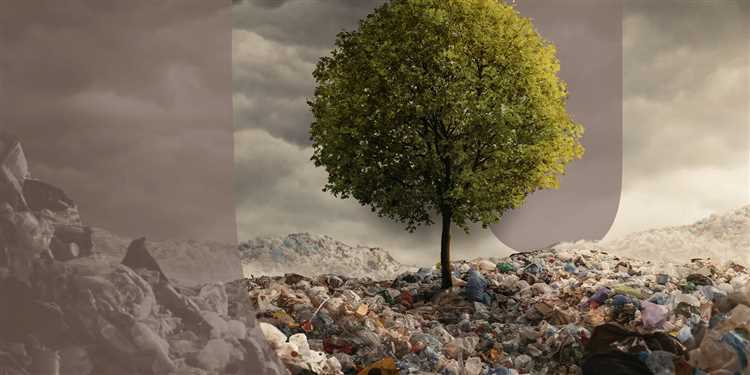
Plastic bags pose a significant threat to wildlife, particularly marine animals. When plastic bags end up in rivers, lakes, or oceans, they can be mistaken for food by animals such as turtles and seabirds. Ingesting these bags can lead to choking, suffocation, or internal injuries, ultimately resulting in the death of these innocent creatures.
Moreover, when plastic bags break down into smaller pieces, they can be even more harmful. Microplastics, which are tiny plastic fragments, are ingested by marine organisms, causing long-term damage to their health and disrupting the entire aquatic ecosystem.
Environmental Pollution
The production and disposal of plastic bags contribute significantly to environmental pollution. Plastic bags are made from fossil fuels, such as petroleum, which requires extensive energy consumption and contributes to greenhouse gas emissions. The extraction and refining processes of these fossil fuels result in air and water pollution, further degrading our environment.
Furthermore, plastic bags are not biodegradable. They can persist in the environment for hundreds of years, slowly breaking down into smaller fragments but never fully disappearing. As a result, our landfills and landscapes become littered with these non-biodegradable materials, spoiling the natural beauty of our surroundings and causing harm to wildlife and habitats.
Resource Depletion
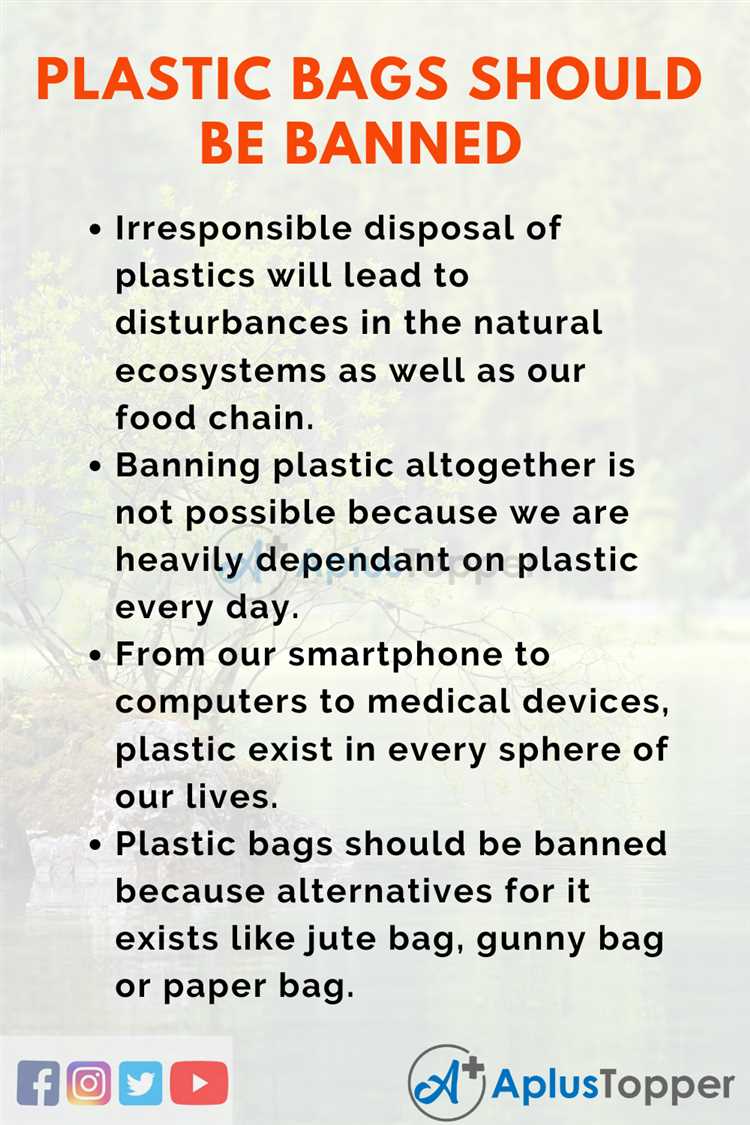
The production of plastic bags relies on non-renewable resources, including petroleum and natural gas. These resources are limited and finite, and their depletion has far-reaching consequences for both the environment and our society. By banning plastic bags, we can reduce our dependence on these non-renewable resources and promote the conservation of valuable natural resources.
Additionally, the manufacturing and transportation processes involved in producing plastic bags require significant energy usage, contributing to the overall carbon footprint. By transitioning to more sustainable alternatives, such as reusable bags, we can conserve energy and mitigate the negative environmental impact caused by plastic bag production.
In conclusion, the environmental impact of plastic bags is severe and wide-ranging. From harming wildlife to causing pollution and depleting valuable resources, plastic bags have detrimental effects on our planet. Banning plastic bags is a crucial step towards reducing our ecological footprint and protecting the environment for future generations.
Pollution, Wildlife & Ecosystems
Plastic bags have become a major cause of pollution, posing a significant threat to wildlife and ecosystems worldwide. These bags, when not properly disposed of, often end up in rivers, oceans, and natural habitats, causing detrimental effects on the environment.
Firstly, plastic bags are non-biodegradable, which means they do not decompose naturally and can persist in the environment for hundreds of years. As a result, they accumulate in landfills, water bodies, and forests, releasing harmful chemicals and toxins as they break down. This pollution not only contaminates soil and water sources but also harms plants, animals, and microorganisms.
Secondly, numerous wildlife species suffer due to the presence of plastic bags. Animals mistakenly ingest these bags, mistaking them for food. This can lead to digestive issues, suffocation, and even death. Additionally, plastic bags can entangle wildlife, causing injuries, inhibiting their ability to move or fly, and ultimately resulting in their demise.
Moreover, plastic bags disrupt ecosystems and natural habitats. They often end up in marine environments, where they pose a significant threat to marine life. Sea turtles, dolphins, and seabirds are particularly vulnerable, as they mistake plastic bags for jellyfish or other prey. These animals suffer from entanglement or consumption of plastic, which can cause hormonal imbalances, organ failure, and population decline.
In conclusion, the negative impacts of plastic bags on pollution, wildlife, and ecosystems are undeniable. By banning plastic bags, we can take a crucial step towards protecting the environment, safeguarding wildlife, and preserving fragile ecosystems. It is imperative that we find sustainable alternatives and promote responsible waste management practices to mitigate these harmful effects.
Health Hazards of Plastic Bags
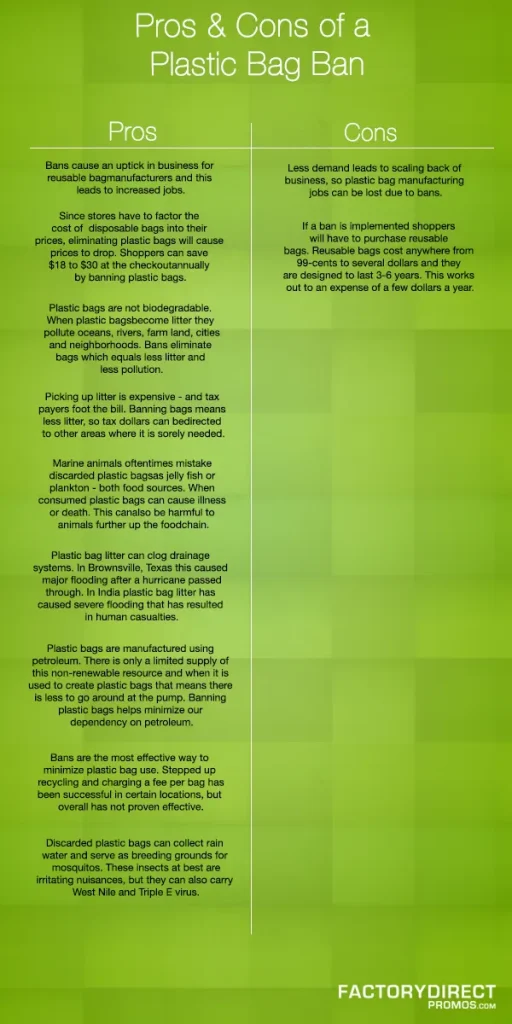
Plastic bags may seem convenient for carrying groceries or other items, but they pose significant health hazards that cannot be ignored. Here are three main health concerns associated with the use of plastic bags:
1. Chemical Exposure
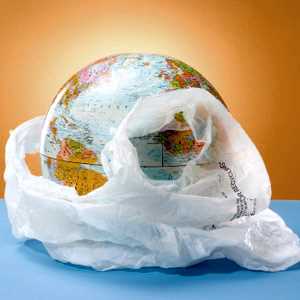
Plastic bags are made from polyethylene, which contains harmful chemicals such as bisphenol A (BPA) and phthalates. BPA is known to disrupt hormonal balance and has been linked to various health issues, including reproductive problems and increased risk of cancers. Phthalates can also interfere with hormonal activity and have been linked to developmental and reproductive disorders.
2. Contamination of Food
When plastic bags come into contact with food, they can transfer harmful chemicals to the food. This can happen during storage, transportation, or even when using plastic bags to pack lunches. These chemicals can contaminate the food and potentially be ingested. Research has shown that exposure to these chemicals can have adverse effects on human health, including endocrine disruption and increased risk of diseases.
3. Environmental Impact
Plastic bags contribute to environmental pollution, which in turn can affect human health. When plastic bags are improperly disposed of, they can end up in rivers, oceans, and other natural habitats. This leads to the contamination of water sources and the ingestion of plastic by marine life. When humans consume seafood that has ingested plastic, they are exposed to the toxic chemicals present in the plastic bags.
Given the numerous health hazards associated with plastic bags, it is essential to consider alternative options that are safer for both human health and the environment. By reducing the use of plastic bags and opting for reusable alternatives, we can protect our health and contribute to a cleaner, healthier planet.
Chemical Contamination & Human Health
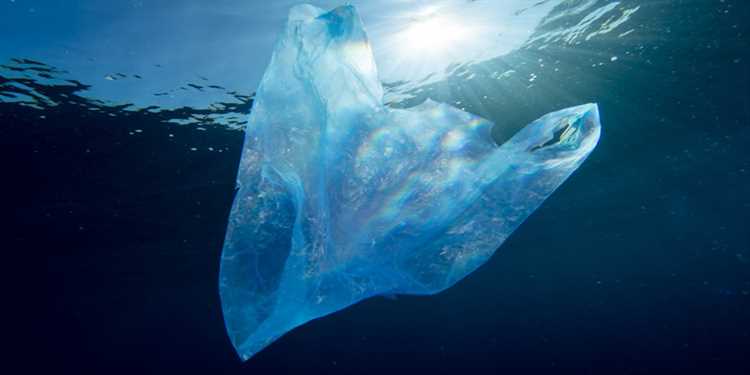
The use of plastic bags contributes to chemical contamination which poses a serious threat to human health. These bags are made from petroleum, a non-renewable resource, and during the manufacturing process, harmful chemicals are used that can contaminate the environment.
When plastic bags end up in landfills, they start to break down and leach toxic chemicals into the soil and water. These chemicals, such as phthalates and bisphenol A (BPA), are known to be endocrine disruptors, meaning they can interfere with the body’s hormone system.
Exposure to these toxic chemicals can have various detrimental effects on human health. Studies have shown that they can lead to developmental issues in children, hormonal imbalances, reproductive problems, and increased risk of certain diseases such as cancer.
Furthermore, the chemicals from plastic bags can also contaminate the food and beverages we consume. When hot or acidic substances come into contact with plastic bags, they can cause the chemicals to leach into our food and drinks. This direct exposure can be particularly harmful, as these chemicals can accumulate in the body over time.
Therefore, by banning plastic bags, we can significantly reduce the risk of chemical contamination and protect human health. Using alternative, more sustainable options like reusable bags can help minimize the use of these toxic materials and create a safer environment for everyone.
Question-Answer:
What are the reasons why plastic bags should be banned?
There are several compelling reasons why plastic bags should be banned. Firstly, plastic bags have a significant negative impact on the environment. They are not biodegradable and can take hundreds of years to decompose, causing long-term pollution. Additionally, plastic bags contribute to marine pollution, as they often end up in water bodies and can harm marine life. Secondly, the production of plastic bags requires the extraction of natural resources and the use of energy, contributing to greenhouse gas emissions and climate change. Lastly, the excessive use of plastic bags leads to a waste management problem, as they can clog drains and lead to flooding. Banning plastic bags can help address all of these issues and promote the use of more sustainable alternatives.
How do plastic bags affect the environment?
Plastic bags have a significant negative impact on the environment for several reasons. Firstly, they are made from non-renewable resources such as petroleum and natural gas, which contribute to resource depletion. Secondly, plastic bags are not biodegradable and can take hundreds of years to decompose. This means that once they are discarded, they persist in the environment, causing long-term pollution. Additionally, plastic bags often end up in water bodies, contributing to marine pollution and endangering marine life. Overall, the use of plastic bags has detrimental effects on ecosystems and biodiversity, making it necessary to ban them and promote more sustainable alternatives.
What are the alternatives to plastic bags?
There are several alternatives to plastic bags that are more sustainable and environmentally friendly. One popular alternative is the use of reusable bags made from natural materials such as cotton, hemp, or jute. These bags are durable and can be used multiple times, reducing the need for single-use plastic bags. Another alternative is the use of paper bags, which are biodegradable and can be recycled. However, it is important to note that paper bags also have environmental consequences, as their production requires the cutting down of trees. Therefore, reusable bags made from natural materials are generally considered the best alternative to plastic bags.
Are there any other negative impacts of plastic bags?
Yes, apart from their environmental impact, plastic bags have several other negative consequences. One such consequence is the economic cost associated with plastic bag usage. Governments and municipalities spend a significant amount of money annually on plastic bag waste management, including collection, disposal, and recycling. Additionally, plastic bags can cause harm to wildlife, especially marine animals, as they can be mistaken for food or can entangle animals, leading to injury or death. Plastic bags also contribute to the aesthetic pollution of landscapes, as they are often seen littered in streets, parks, and other public spaces. Therefore, banning plastic bags would not only benefit the environment but also have economic and social advantages.